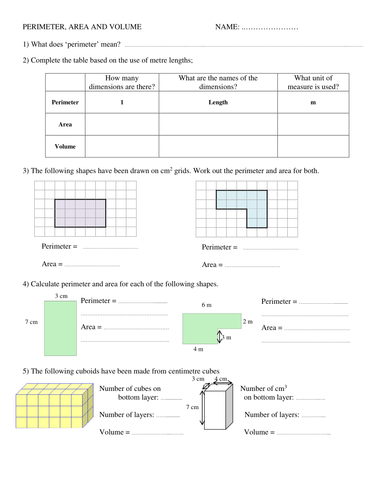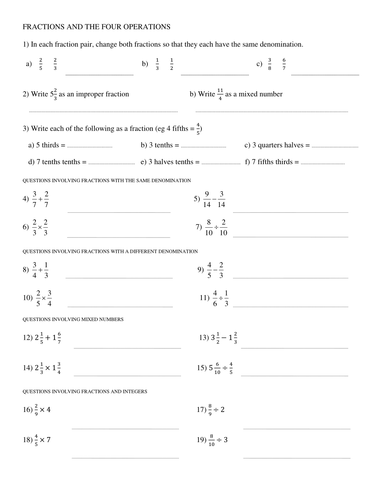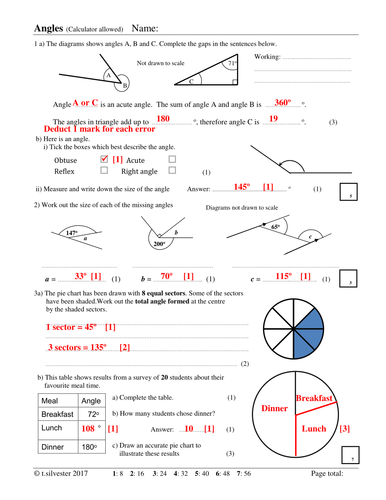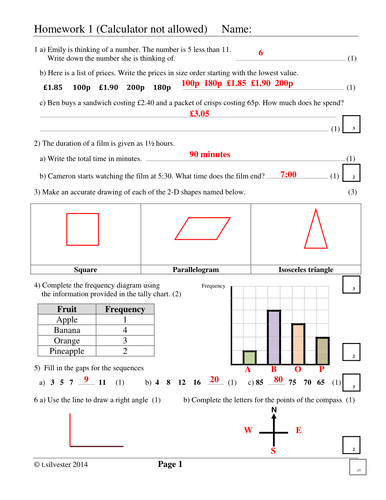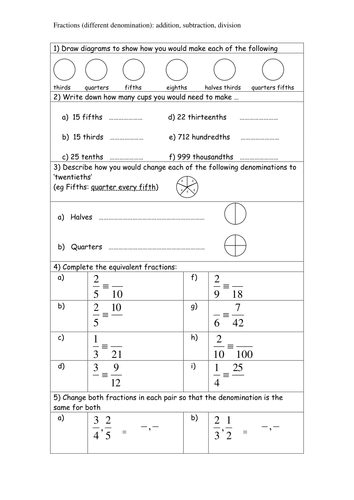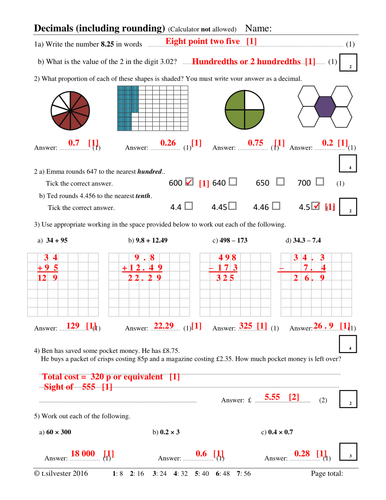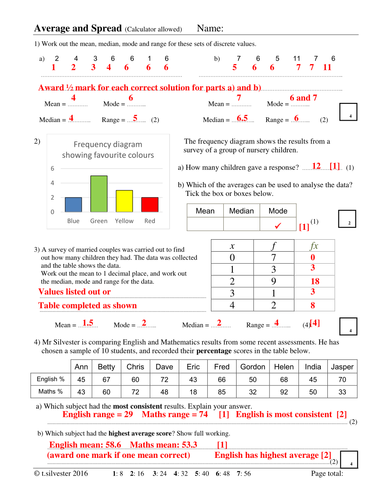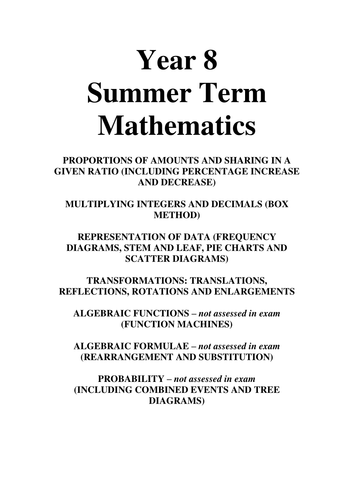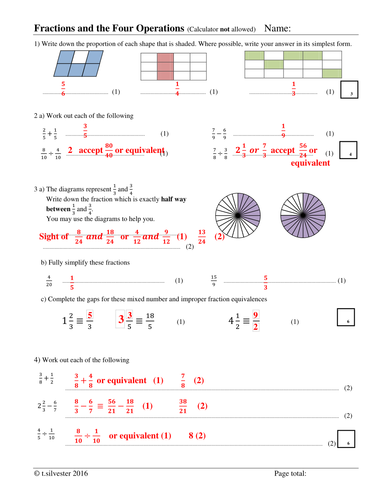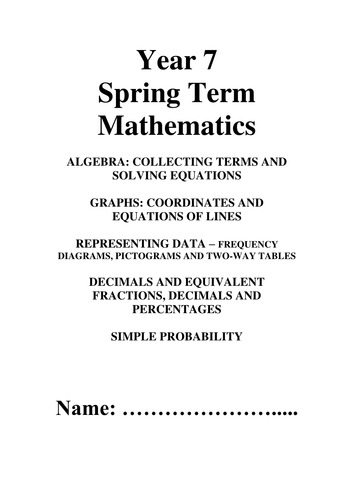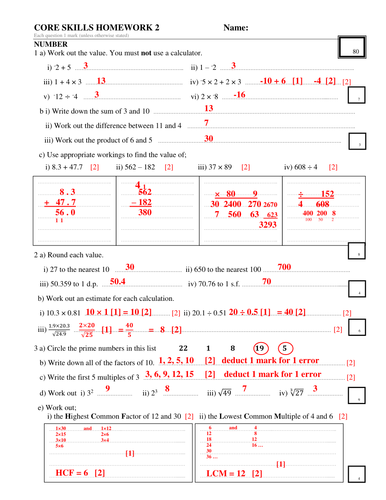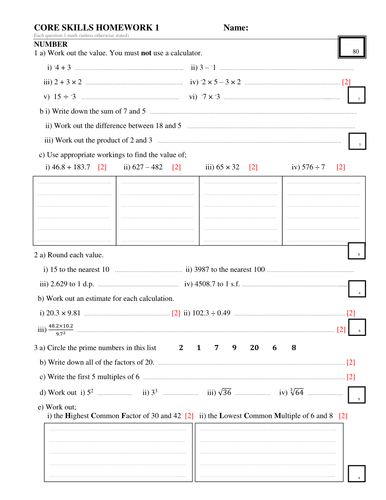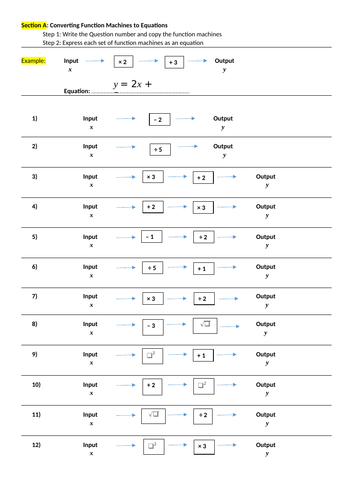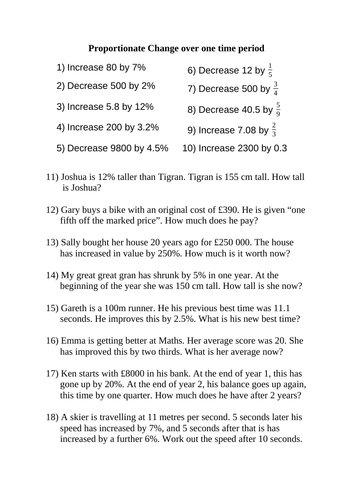Tim Silvester’s Maths Resources
I have written a range of free and premium resources to assess and develop student understanding and to help students to prepare for examinations. My homework resources cover a broad range of the curriculum and they are carefully written and presented to be both professional and effective in aiding student progress. All assignments have answer papers provided and monitoring documents are available to record and analyse student performance.


